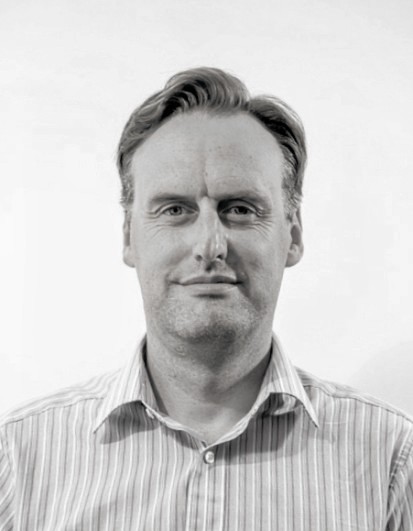Dr James Bleach, CSci, Senior Operational Research Analyst

Name: Dr James Bleach
Registration level: CSci
Job title: Senior Operational Research Analyst, UK Government
Professional Body: The Operational Research Society
Scientist type: Investigator/Policy Scientist
Take our short 10 types of Scientist quiz to find your scientist type!
Why did you decide to apply for Chartered Scientist (CSci)?
I work in operational research, which can be briefly summarised as the scientific discipline of helping decision makers make better decisions through better evidence. There were two key reasons that I applied for Chartered Scientist. First, I wanted professional certification that was recognised beyond the operational research profession. My role involves working with scientists from a wide range of different disciplines, and Chartered Scientist—being a cross-discipline award—is an excellent way to demonstrate my scientific competence and professionalism within this wider community.
Second, I wanted certification that demonstrated my commitment to continuing professional development. Whilst I had held professional certification for many years, at the time I applied for Chartered Scientist neither my accreditation with The Operational Research Society, nor my Chartered Physicist status with The Institute of Physics required evidence of continuing professional development for these certifications to be retained.
How has Chartered Scientist status made an impact on your work or career?
One of my roles within my organisation is to both promote professional certification, and to support staff in gaining certification. The knowledge and experience I gained through completing the application process has improved my ability to help and support others applying for Chartered Scientist. Furthermore, looking to the future and my career development, the following are all important aspects that are considered during the assessment of promotion candidates within my organisation: professional certification, involvement with a professional body, and continuing professional development.
What did learn through completing the application process?
Taking the time to reflect on my career and professional achievements was a positive and valuable experience that I derived from the application process. It can be challenging to take a step back from the day to day busyness of life to contemplate, from a professional perspective, ‘where you are’, ‘how you got there’ and ‘where you would like to go next’. Working on my Chartered Scientist application enabled me to devote the time needed to do this well.
What do you value most from being a member of your professional body?
Being an active member of The Operational Research Society has been valuable to me in a number of ways. It has led to me gaining new skills and knowledge, and has given me the opportunity to fulfil roles and have experiences that I otherwise would not have had. It has also expanded my professional network – enabling me to meet and communicate with new people, some of whom have become highly valued colleagues and friends. There are lots of professional reasons to remain involved with my professional body, but for me the key driver, and what I value most, is that I find my involvement enjoyable and rewarding.
What would you say to any other scientist like yourself who is thinking about becoming a Chartered Scientist?
There are likely to be multiple options available to you for gaining professional certification, spend some time researching these and reflecting on which best suits you and your requirements. If like me you want to demonstrate your scientific competence and professionalism to a cross-discipline scientific community, and/or you want to demonstrate commitment to continuing professional development, then Chartered Scientist is an ideal choice. Also think about who you are; on a personal level I strongly identify as being a scientist. My academic background and early research career were in astrophysics, and I’m now applying my scientific skills, knowledge and experience within operational research. Holding Chartered Scientist, therefore, reflects a big part of who I am.
